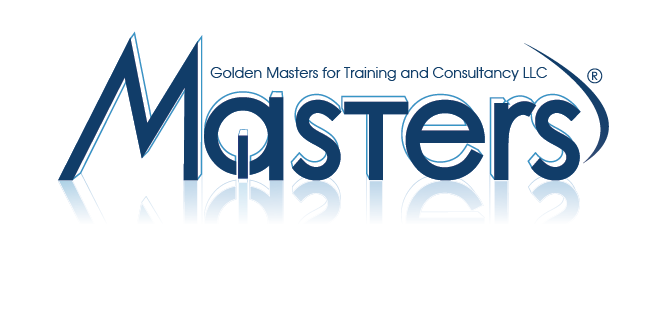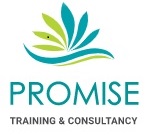Startup & shutdown procedures for any plant or equipment must be closely followed, but problems may occur during startup or even at shutdown that require action which is not covered in Standard Operating Procedures.

Masters Training Company was established in response to the growing need for quality training to support the business community within your Company, Department or Organization by providing a high standard of Training Programs, Courses, Seminars, Workshops and Consultancy Services to employees in a very competitive business environment.
Masters is also an approved vendor from KHDA & ILM
(Institute Review)
55 years ago(Institute Review)
55 years ago
The purpose of this paper is to extend the understanding of what is required when developing practical maintenance skills within industry. The first part will develop insight into the skill development link with business and what characteris

This is a 5-day comprehensive course on Selection & Installation of Control Valves & Actuators. The program is led by a qualified and expert instructor. It covers all the vital aspects of the said title.

Learn about Mechanical Electrical and Plumbing methods which are commonly applied in different industries such as Oil and Gas, Utilities & Construction, and help you to switch your career to the next level.

This course covers fundamentals of HVAC systems starting from psychometric calculations to design of air conditioning cycles. Load calculations, distribution, system selection, control, and energy conservation of HVAC systems are all covered

This is a 5-days comprehensive training course to learn and understand Pumps, Compressors & Turbines. It covers topics related to Operation, Maintenance & Troubleshooting and much more.
© 2025 www.coursetakers.ae All Rights Reserved. Terms and Conditions of use | Privacy Policy